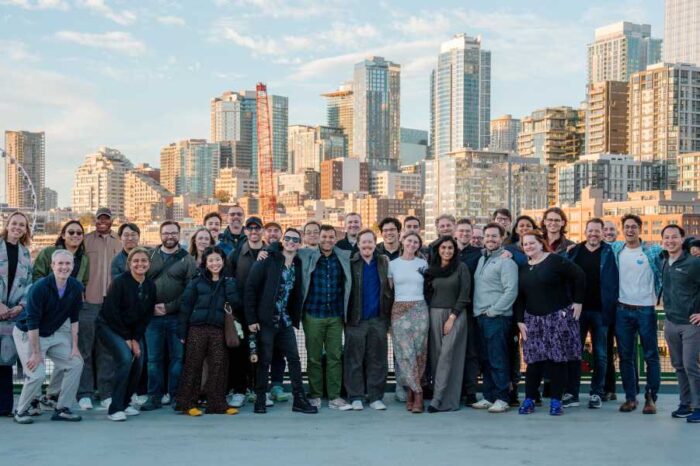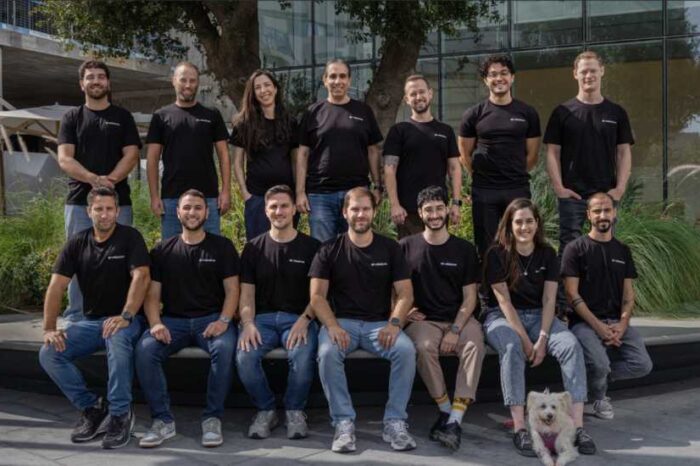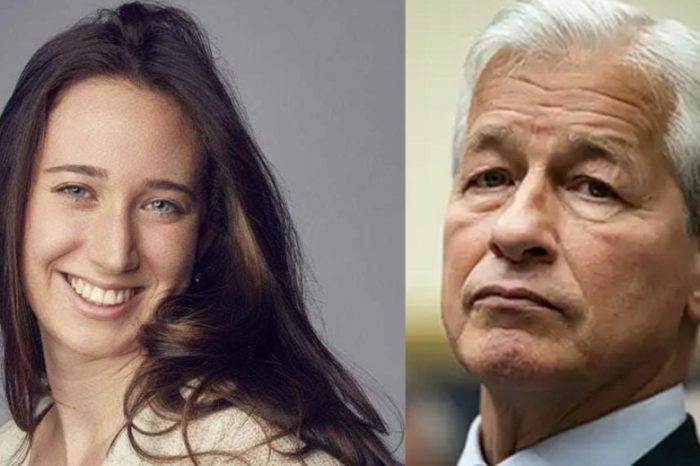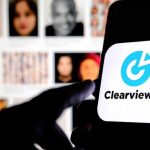Clearview AI scraped 30 billion images from Facebook and gave them to the police
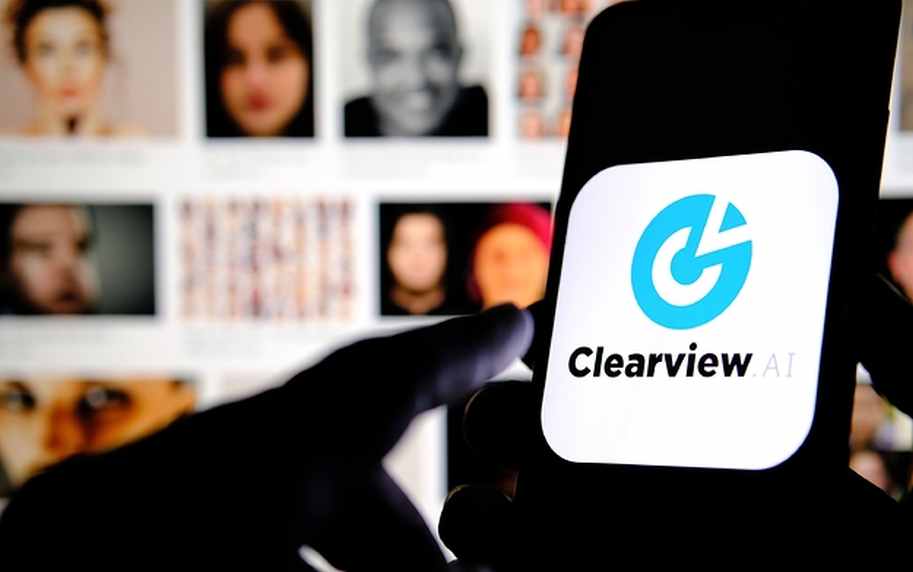
It’s been a while since we last wrote about Clearview AI, the controversial facial-recognition startup used by more than 600 law enforcement agencies, including the FBI and Department of Homeland Security. Using its AI app, the notorious AI startup scans billions of people’s photos without permission and stores them in its massive facial recognition database.
As we reported almost a year ago, Peter Thiel-backed Clearview settled a lawsuit brought by the American Civil Liberties Union to “limit its face database in the United States primarily to government agencies and not allow most American companies to have access to it.”
But the lawsuit has not stopped Clearview from scraping billions of users’ data on social media. CEO Hoan Ton-That recently admitted that the company’s database was “built in part with 30 billion photos the company scraped from Facebook and other social media users without their permission,” creating what privacy advocates called a “perpetual police line-up,” even for people who haven’t broken any law.
In an interview last month with the BBC, Hoan Ton-That admitted that Clearview took photos without users’ knowledge, accelerating the rapid expansion of the company’s massive database, which the company marketed on its website to law enforcement as a tool “to bring justice to victims.”
The use of Clearview technology has raised concerns among privacy advocacy groups. Critics of the startup said its technology violated people’s privacy.
Clearview Sold 30 Billion Scraped Images to Ukraine
Clearview is not only selling its service offerings to US agencies. Clearview is also a surveillance tool of choice for governments around the world. Ukraine is also using Clearview’s controversial AI facial recognition in its fight against Russia.
Last year, Ukraine’s defense ministry said it has begun to use Clearview AI’s facial recognition technology to identify Russian assailants, combat misinformation, and identify the dead. Ukraine started using the tool after CEO Hoan Ton-That offered the tool to the country.
Ton-That told Reuters that they had not offered the technology to Russia. As part of the offer, Ukraine received free access to Clearview AI’s powerful search engine for faces, letting authorities potentially vet people of interest at checkpoints, among other uses.
Ton-That also told Reuters that the startup has over 2 billion images from the Russian social media service VKontakte in its database of more than 10 billion photos total.
‘A perpetual police line-up’
Clearview AI reportedly claimed to CNN last year that their clients included “over 3,100 US agencies,” such as the FBI and Department of Homeland Security. According to BBC, the Miami Police admitted to employing the technology to investigate various crimes, ranging from shoplifting to murder.
“Clearview is a total affront to peoples’ rights, full stop, and police should not be able to use this tool,” Caitlin Seeley George, the director of campaigns and operations for Fight for the Future, a nonprofit digital rights advocacy group, said in an email to Insider, adding that “without laws stopping them, police often use Clearview without their department’s knowledge or consent, so Clearview boasting about how many searches is the only form of ‘transparency’ we get into just how widespread use of facial recognition is.”
Clearview first made headlines in January 2020 after the same New York Times ran a story titled: “The Secretive Company That Might End Privacy as We Know It.”
Founded in 2017 by Hoan Ton-That, an Australian techie and one-time model, Clearview is a new research tool used by law enforcement agencies to identify perpetrators and victims of crimes. Clearview AI’s technology has helped law enforcement track down hundreds of at-large criminals, including pedophiles, terrorists, and sex traffickers. It is also used to help exonerate the innocent and identify the victims of crimes including child sex abuse and financial fraud. With Clearview AI, law enforcement is able to catch the most dangerous criminals, solve the toughest cold cases and make communities safer, especially the most vulnerable among us.
Ton-That, 33, grew up in Australia and moved to the U.S. at 19 years old. He worked in app development and as a part-time model before founding Clearview AI four years ago. “There’s a lot of crimes and cases that are being solved,” Ton-That told New York Times. “We really believe that this technology can make the world a lot safer.”
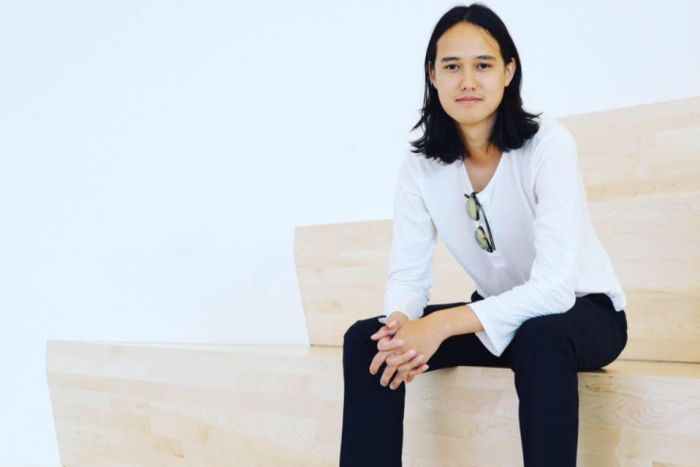
Clearview CEO Ton-That

